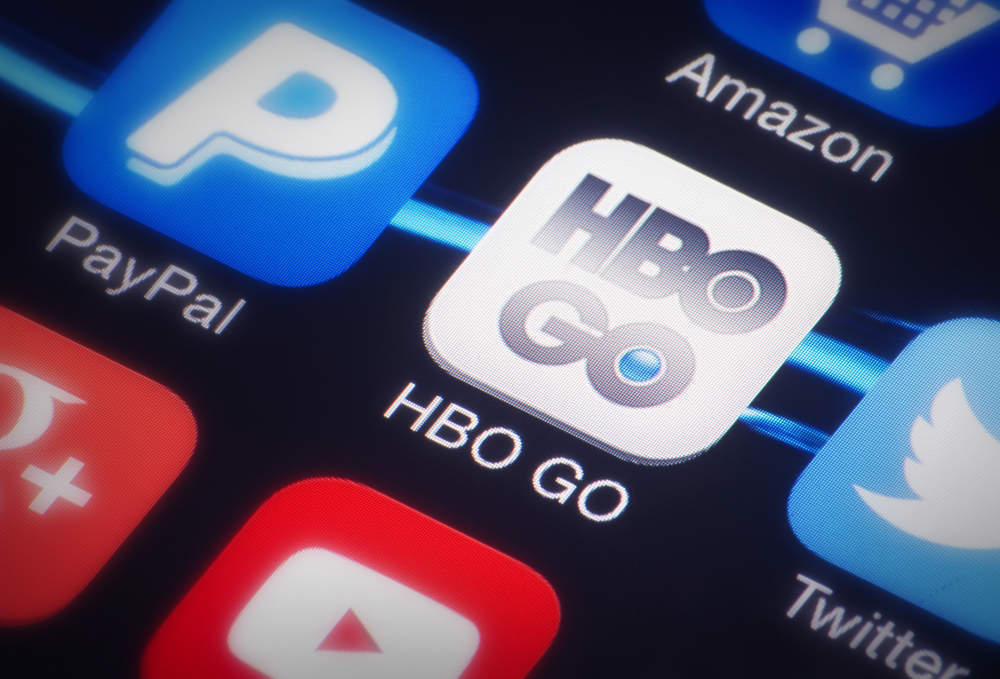With its now-finalised acquisition of Time Warner, AT&T gained arguably the most prized content production asset in the world: HBO.
And while one would think that garnering such a high-profile, cream-of-the-crop asset would be cause for celebration by AT&T, that may not be the case.
Netflix beats HBO in Emmy nominations for the first time
This year marks the first year that Netflix earned more Emmy nominations than HBO.
While this may be an anomaly, it may also be a point of no return: based on its pipeline, Netflix may sustain this Emmy (nomination) superiority over HBO moving forward. This possibility certainly represents an inflection point for HBO and its new AT&T overlords.
Netflix’s Emmy nomination triumph over HBO is a direct result of the former’s commitment to delivering a larger portfolio of content. Rivals have characterised this as a ‘quantity over quality’ approach, but the higher number of Emmy nominations give Netflix a ‘point to the scoreboard’ response.
Meanwhile, HBO has steadily built its stellar reputation for producing very high-quality, award-winning content, primarily delivered through the traditional linear broadcast (pay-TV) model.
How well do you really know your competitors?
Access the most comprehensive Company Profiles on the market, powered by GlobalData. Save hours of research. Gain competitive edge.

Thank you!
Your download email will arrive shortly
Not ready to buy yet? Download a free sample
We are confident about the unique quality of our Company Profiles. However, we want you to make the most beneficial decision for your business, so we offer a free sample that you can download by submitting the below form
By GlobalDataHowever, video streaming is on its way to overtaking traditional pay-TV, which is losing more than a million subscribers per year in the US market alone.
To this end, HBO has already adapted to address the streaming market by offering its own OTT service, HBO NOW.
But with Netflix’s momentum and growing critical acclaim for its content, AT&T sees Netflix in two dimensions: 1) a business model to emulate, and 2) a competitive target to beat.
HBO does not make enough money
During a company-wide conference call in June, AT&T CEO John Stankey asserted that “HBO doesn’t make enough money” and that AT&T’s primary goal for HBO is to overtake Netflix as the top streaming service, period.
To do so, HBO needs to win the ‘hours of engagement’ battle, i.e., becoming more pervasively watched not just on TV sets, but on any/all consumer devices.
Stankey’s comments regarding HBO’s profitability raise eyebrows. The network invested between $2bn and $2.5bn in content production during 2017 and generated $6bn in total revenues, implying a nice return.
Meanwhile, Netflix, which AT&T wants HBO to displace, spent $2bn on marketing alone in 2017, and in most quarters, it generates limited profitability – not exactly a great business model, at least from the traditional revenue generation standpoint.
Regarding the drive to generate increasing hours of engagement by consumers, Stankey specifically pointed to increasing hours per day, not per week or per month.
Why? Because consumers are now watching TV/video content in an increasingly non-linear fashion (i.e., streaming at their convenience), and the trend is towards watching this content on devices other than the living room TV.
Spending money to make money
Stankey did assert that AT&T planned to make this happen by increasing HBO’s content production investment.
HBO CEO Richard Plepler has since said that an additional $500m to $1bn would do wonders for the network on this front.
However, increasing the quantity of content may come at the expense of quality; will the new content draw as many ‘eyeballs’ as HBO’s existing high-quality productions?
Another point to consider is the premise that ‘Peak Netflix’ is approaching in the next few years. And it is certainly possible that HBO can make some bold strides toward emulating Netflix’s success in the streaming market.
As part of the AT&T empire, HBO does have an increased ‘channel reach’ – specifically, AT&T’s ability to offer HBO streaming service as part of its DIRECTV NOW service, including as part of bundles with AT&T Wireless service and/or AT&T Fiber (fixed broadband) service.
Still, AT&T must be careful to keep HBO’s reputation for high-quality, ‘must-see’ content intact, as it simultaneously strives to expand HBO’s hours per day metrics.
The ugly flip side of the streaming revolution is the ever-expanding array of content sources; if savvy content consumers collectively detect any falloff in the quality of HBO’s content, there are plenty of other options on the offer, including, as ever, Netflix.








Related Company Profiles
AT&T Inc
Netflix Inc